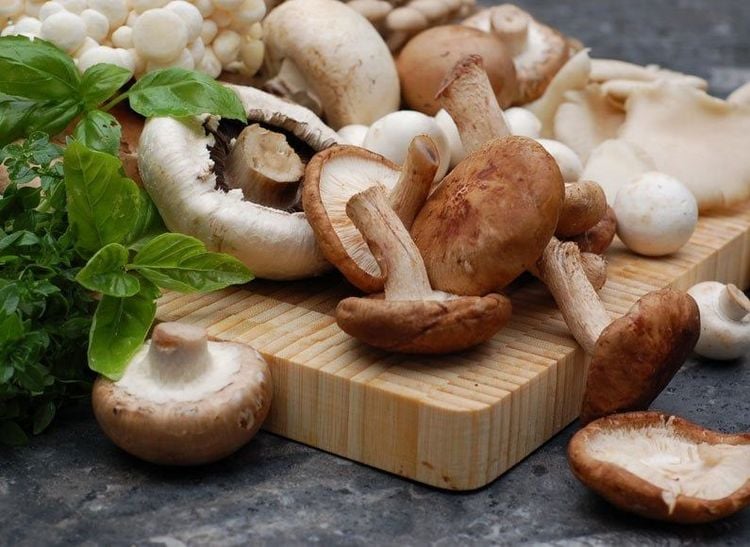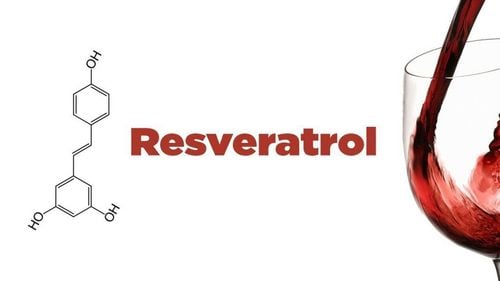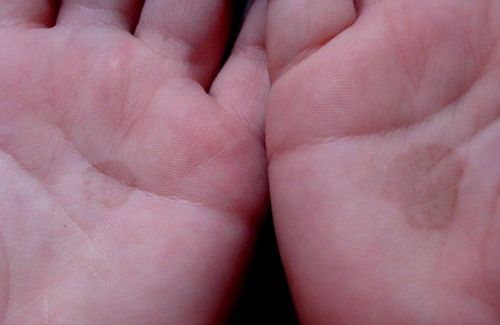This is an automatically translated article.
Shiitake mushrooms are widely known for their great taste and many health benefits. So what are the benefits of eating shiitake mushrooms? With its rich vitamin and mineral content, it is a great cooking ingredient, adding flavor to a variety of recipes.
1. What are the health benefits of eating shiitake mushrooms?
Shiitake mushrooms contain many minerals such as selenium, copper, thiamin, magnesium, phosphorus, zinc,... 1 bowl of mushrooms contains 15 calories, 2.2g protein, 0.2g fat, 2.3g carbohydrate, 0, 7g fiber and 1.4g sugar. As you can see, shiitake mushrooms are a low-calorie food that contains many important nutrients. With many vitamins, minerals, and antioxidants, they are an important part of any diet.
Researchers have discovered a number of effects of shiitake mushrooms as follows:
Weight loss: Using dishes from shiitake mushrooms, combined with exercise, lifestyle changes,... will help lose weight. . The antioxidants in shiitake also help reduce the risk of high blood pressure and many other metabolic disorders; Improves Immune System: The anti-inflammatory effects of shiitake help improve the immune system. It helps to stimulate the microflora in the immune system, destroy pathogens, and help prevent many serious diseases. Its immune system-boosting effects help support the treatment of HIV/AIDS, common cold, flu and many other ailments; Lowers blood pressure: Shiitake mushrooms are high in potassium, which helps reduce the negative effects sodium has on the body. At the same time, potassium also reduces tension in the blood vessels, helping to lower blood pressure; Provides nutrition: Shiitake mushrooms are a rich source of fiber, antioxidants and protein, low in calories. It reduces the risk of serious health problems like heart disease, cancer, Alzheimer's disease and diabetes. However, there is currently not enough scientific evidence about the effects of shiitake mushrooms in controlling the progression of prostate cancer, breast cancer, aging, diabetes, flu, colds, herpes sex, high cholesterol, atherosclerosis, high blood pressure, etc. More scientific evidence is needed to rate the effectiveness of shiitake mushrooms for these uses.
MORE: Eating mushrooms can reduce prostate cancer risk
2. Possible side effects when eating shiitake
Shiitake mushrooms are absolutely safe when cooked. However, it can cause some unwanted side effects:It may not be safe to eat undercooked mushrooms; May cause stomach upset, skin swelling (inflammation) and blood abnormalities; May cause increased sensitivity to the sun, allergic skin reactions, breathing problems. Pregnancy and breast-feeding: There isn't enough reliable information to know if shiitake is safe to use during pregnancy or breast-feeding. You need to stay safe, use mushrooms in reasonable amounts.

Thắc mắc "Ăn nhiều nấm hương có tốt không?" được nhiều người quan tâm
Blood disorder eosinophilia : Do not use shiitake if you have this problem as it can make the condition worse.
3. Is it good to eat a lot of shiitake mushrooms?
The appropriate dose of shiitake mushroom depends on factors such as the user's age, health, and several other conditions. Currently, there is not enough scientific information to determine an appropriate dose of shiitake. You need to remember that natural products are not always safe, dosage is quite important. You should make sure to follow the manufacturer's and nutritionist's instructions regarding mushroom use.
Dishes from shiitake mushrooms are both delicious and bring many health benefits. So you can add this type of cooking ingredient to your family's meal menu.
Please dial HOTLINE for more information or register for an appointment HERE. Download MyVinmec app to make appointments faster and to manage your bookings easily.
Reference sources: webmd.com, webmd.com













